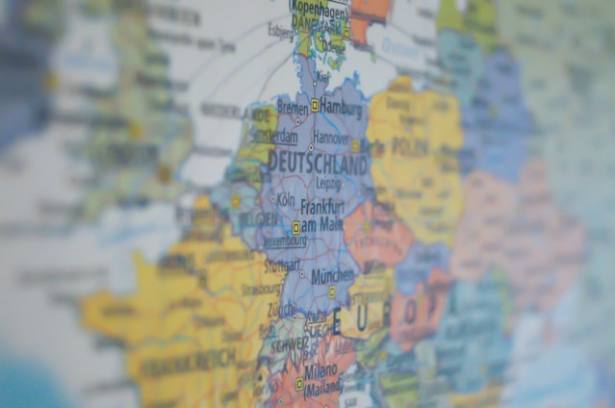
How would you describe the Threadneedle European Select strategy?
We call this strategy a “get rich slow” approach. We are investing in good-quality businesses and aim to hold them for the long term – we like to let the companies do the work of producing growth, rather than generating it ourselves by high levels of dealing. That way both we and our clients may gain the advantages of compounding.So “quality” is the key determinant – that means a company which can grow, can do so sustainably owing to its distinct competitive advantage, and does it constructively – growth that is not at the expense of returns on capital. A business has to be exceptional to sell products or services to generate high returns, grow, and be able to withstand competition.
How do you assess whether a company’s competitiveness is sustainable?
The approach here is qualitative. Computer screening models work well for quantitative managers who aim to match the index, less well for us as we try to beat it. We use the Five Forces model from Michael Porter, a longstanding Harvard professor, to understand the structure of an industry and how a company is positioned within it. Is there a concentrated and powerful client base who dictate pricing and terms? Or suppliers who control that relationship? What are the barriers to entry or threat of substitute products? This analysis shows us whether a company can control its prices, margins and returns, or whether they are decided at the whim of the market, a regulator or a client. But if we are long-term investors, we need to assess how these factors can change over time. For this, the Morningstar economic moats analysis is a great aid. It tells us whether brand or technology gift a company an exceptional advantage – because if they do, it is likely that the advantage will be sustainable. Morningstar’s model is more sophisticated than that: for example, it looks at switching costs – so whether a customer would be reluctant to move to a different product because the disruption or cost would be too great. Finally, sustainable means looking at environmental, social and governance (ESG) issues too – not just the financial sustainability of a company, but whether a damaging environmental impact, for example, might mean its products have a limited future. How has Covid-19 affected your portfolio? Within our portfolios Covid-19 has served to accelerate existing trends. Companies with exceptional solutions in technology and healthcare are suddenly in greater demand. The corporate victims – in hospitality and transport – were in fragmented sectors with little differentiation between providers, so little scope for creating an exceptional business with pricing power and sustainable returns. How do you manage risk within the fund? We manage risk by diversification and by our focus on quality – we invest across a range of sectors and industries, and usually buy tried-and-tested business models which have been around for a long time and have a strong and secure future.www.columbiathreadneedle.co.uk/euroselect








